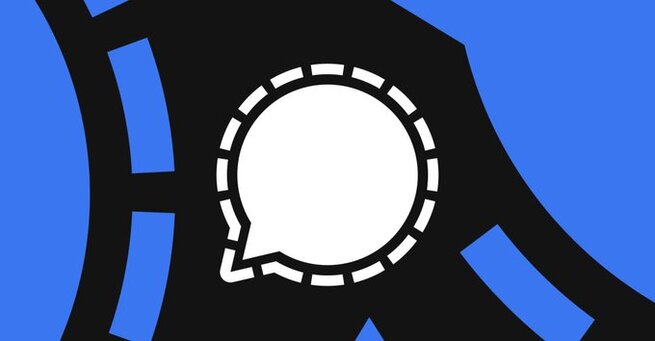

Is Signal safe to use on Windows 11? Can Microsoft Recall capture private chats on Signal? The short answer: not anymore. With its latest update, Signal has taken a firm stand against Microsoft’s controversial Recall feature—a tool that screenshots and archives everything on your screen for AI-assisted search. Signal now enables Screen Security by default on Windows 11, ensuring that your private conversations remain private. This move positions Signal as one of the few messaging apps actively resisting OS-level data capture, reinforcing its place as a leader in encrypted messaging and digital privacy.
Microsoft's Recall—part of its Copilot Plus experience—has been pitched as a productivity booster that can remember everything you’ve seen on your screen. But privacy advocates and developers alike have raised red flags. By design, Recall captures periodic screenshots, even of end-to-end encrypted apps like Signal, and stores them locally for AI to analyze. While this can help you retrieve forgotten messages or images, it also opens a Pandora's box of security, compliance, and surveillance risks—especially for users handling sensitive data.
Signal's development team responded swiftly. The new Windows client update activates DRM-level Screen Security, similar to the technology used by Netflix to block screenshots. While this change enhances data protection, it may also disrupt tools like screen readers, potentially affecting users who rely on accessibility features.
The new Screen Security setting can be disabled under Signal Settings > Privacy > Screen Security, giving users flexibility. However, Signal's developer Joshua Lund made it clear: this isn’t just about one app. He criticized Microsoft for failing to provide app developers with APIs to exclude their content from Recall’s AI memory. Unlike private or incognito browser sessions—which are automatically excluded—apps like Signal must rely on workaround protections until Microsoft updates its policies.
Despite delaying Recall’s launch multiple times, Microsoft moved forward without offering opt-out tools for developers. This has escalated concerns among tech experts, who view Recall as a potential data liability, particularly in corporate or government environments with high compliance standards.
With AI becoming deeply embedded in operating systems, balancing user productivity and personal security is no longer optional—it's essential. While Recall could revolutionize how users interact with their PCs, its implementation must respect data privacy laws, digital rights, and ethical boundaries.
If you use Signal or any other privacy-focused apps, here are steps you can take now:
Update your Signal app to the latest version with Screen Security enabled.
Check your Recall settings (if you own a Copilot Plus PC) to exclude sensitive apps manually.
Use VPNs and secure browsers to reduce exposure to tracking and system-wide data capture.
Stay informed on future updates from Microsoft and privacy-focused developers.
Signal’s move to block Windows 11 Recall screenshots isn’t just a patch—it’s a powerful statement about the future of digital privacy. As AI-powered features like Recall become more prevalent, users and developers must work together to push for transparency, control, and meaningful consent.
Whether you're managing personal communications or confidential business data, using tools like Signal—designed with privacy at the core—is one of the smartest ways to safeguard your digital life in 2025.
Signal Blocks Windows 11 Recall to Protect Pr... 0 0 0 18 2
2 photos

Copyright © 2026

Comment